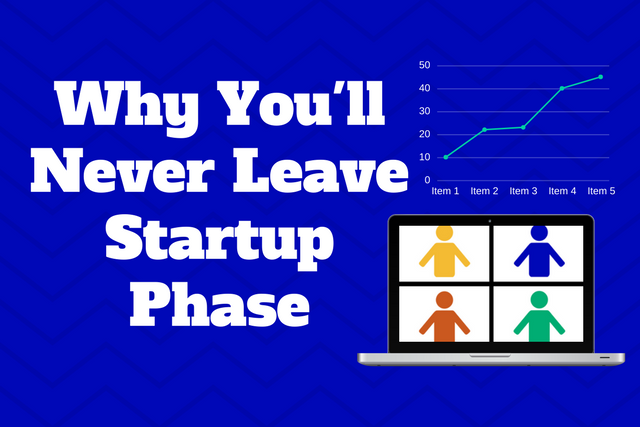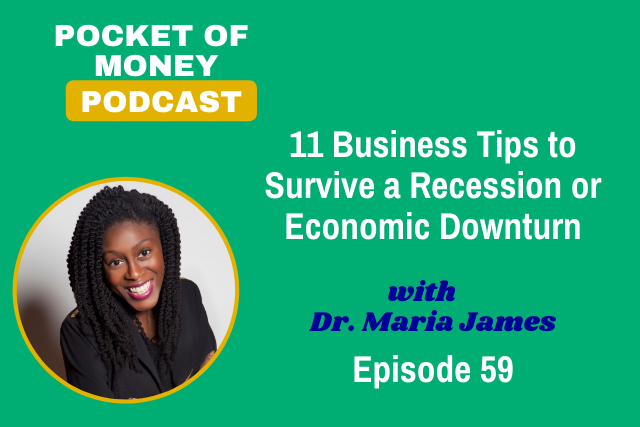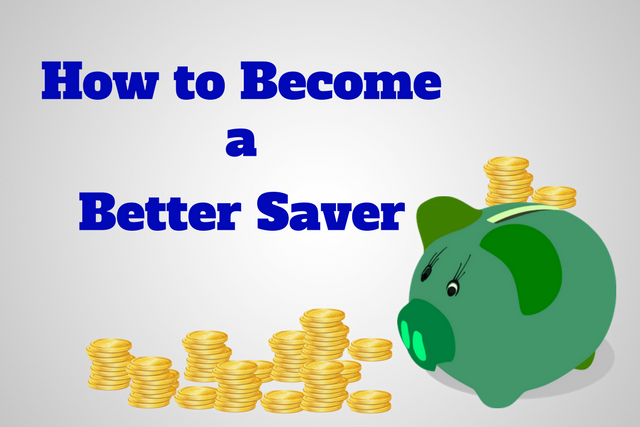POM017: Why You’ll Never Leave Startup Phase

Why You’ll Never Leave Startup Phase
In this episode we’re going to discuss why some entrepreneurs never get out of startup phase no matter how many businesses they start. Why this is happening and what it will take to stop it.
Why start a business?
Some of you are starting businesses and you’ll never make it out of the startup phase. You’ll never achieve that goal or satisfy the why that made you start in the entrepreneurship journey in the first place. You may be thinking right umm ok, what the heck is she getting at? What is she saying?
Let me tell you why I just made that statement so hopefully you can turn this around, so that you can make your business a success and achieve your goal.
The factors that entice people to start a business vary. I’ve heard numerous reasons. Some really want to escape the corporate world. They find it stifling and not an environment they want to work in forever. Some love the idea of creating their own schedules so they can better take care of families. And of course many people want to be able to travel and experience new cultures and new adventures. Some know entrepreneurship is a key component to building wealth. Their desire is to not only build their own wealth, but establish a legacy of wealth.
Whatever the reason, many people are being enticed to start businesses. They’re empowered as we all are by stories about those who made it, who’ve become successful high-earning entrepreneurs. They hear the journeys about the progressions to earning five figures per month and six figures per month.
These stories lead to grand dreams of doing the same thing and how they can achieve their goals with that sort of money, that amount of money coming in. How they can achieve their dream lifestyles with that amount of money.
The Dream Goes Wrong
This is all great. I love hearing those stories about the rise to success too. That’s not the problem. The issue comes later as you try to build your business. You jump in. You do research and you build. You do research and you build. Eventually you have a few sales coming in, but you’re not even making enough to really cover all your bills. You’re not even breaking even.
You do more research. You hear about new techniques for marketing and sales. You learn more about them and you try them. You’re still not making enough to really cover all your bills. You’re not breaking even. You’re not making anywhere near what you would like or dreamed of making.
Then you hear about a new hot topic in business. Or simply come up with a new idea that you’re really excited about. You decide to focus on that instead. You do research and you build. You do research and you build. Eventually you have a few sales coming in, but you’re not even making enough to really cover all your bills. You’re not even breaking even. You keep trying new techniques for marketing and sales. You’re not making anywhere near what you would like or dreamed of making.
You’re frustrated. Then you hear about a new hot topic in business. Or simply come up with a new idea that you’re really excited about. You decide to focus on that instead. You do research and you build. You do research and you build. Eventually you have a few sales coming in, but you’re not even making enough to really cover all your bills. You’re not even breaking even. You keep trying new techniques for marketing and sales. You’re not making anywhere near what you would like or dreamed of making.
You’re frustrated. Then you get the idea for a great new business idea. You see what’s happening here?
The Real Problem
You’re putting in a lot of work. You’re doing research. You’re not getting the results that you want. What’s the deal?
The problem is you’re jumping ship too early. Before you’ve given the first business the time, energy, work, and money to make it a success you’ve moved on to the next thing. The startup phase is NOT a certain length of time. It’s not a certain number of weeks, months, or even years. Once you reach certain milestones is when you move out of the startup phase.
There are some businesses that don’t break even for several years. Its several years of building the systems and the audience before they are able to get out the startup phase and see a real profit and then increased profits. No, that’s not everyone’s story and it may not end up being yours, but understand that you have to stick with your business in order to see the results that you want.
I’m not saying keep going with the same plan you made when you started the business. That definitely won’t work. As you learn more (and you should always be learning more about your field and business in general), you revise and enhance your plan, your strategy, in order to get better results. You analyze the results and keep optimizing the plan to get better and better results. You continue to repeat that process. You can’t do a few iterations of that then say ok this is a dud and I need to move on to this next thing because that’s where the money is. If you chase the money, you’ll never catch it.
You’ve heard there’s no such thing as overnight success, but how does that actually show up? If you’re starting a new business every couple of years then this is you. You’re jumping to the next thing too early.
Go back to the entrepreneur success stories that you’ve heard or read. Get the details and you’ll realize that each of those entrepreneurs were doing years of work and building before they reached success or they hired a top-notch mentor that was able to connect them with the right people and help them work smarter in order to cut down on the time it took them to make it out of startup phase.
I get that it is frustrating and there are times where you’re like ugh just work. Believe me I get it. I wish I can say that goes away, but it doesn’t. You’ll keep making mistakes that you’ll have to learn from so you can optimize and enhance your strategy. It’s just as you grow you’re working with more money.
How to know when to drop a business?
So now you may be thinking ok so how do I know when I should shut down my business or keep working it. You have to look at the data.
Calculate your gross profit margin
This will tell you if you’re making a profit and how much. It is the percentage of revenue that remains in the organization after accounting for expenses. When analyzing a specific revenue stream it is the percent of money that remains after accounting for costs of goods sold, which are expenses that are directly tied to your product or service.
Take that into account when analyzing your gross margin. However, if your margin is negative (and yes I’ve helped some clients calculate their gross margin and it was negative) so if it’s negative then that means you’re losing money. If it’s negative for a specific revenue stream then you’re losing money with every sale.
How to survive startup phase? How to get out?
1) Stay at your job.
If you have a job, don’t leave it unless absolutely necessary as in your health is being severely negatively affected. The paycheck from the job can be used to handle the household builds and help you build your business. It becomes your first silent investor.
This will lessen the stress since you’re not completely reliant on your business revenue only to survive. Remind yourself to be thankful that you’re not in that scenario where you don’t have enough revenue coming in to run the business nevermind pay household bills like rent and food and aren’t stressed and desperate to figure it out so you can keep eating.
2) Have a learning schedule
For each business system and piece of your strategy, learn more about it and what tools you can use to better it.
Create a schedule of the topics so you can strategically learn more and implement what you’ve learned in order to optimize your strategy and systems. Each time you optimize you should see a positive difference in your revenue.
3) Create a list of mentors.
Look at your learning schedule. Determine who are experts for each of those topics. Create a list of those experts so you can learn from them.
Even if you don’t have the money to hire them or purchase their courses, you can still consume their content and get any tips you can to move your business forward. You can take encouragement from the entrepreneur realities they share. Because no matter what level of success, each entrepreneur continues to fail, they just don’t let the temporary defeats stop them. You only fail if you stop trying.
4) Reinvest back into the business.
In the beginning, all the revenue you earn should be re-invested back into the business. That can pay for your training (you know those business courses or that mentor’s workshop etc.), capacity building (buying the software and tools you need), hiring assistance. It will get to a point where you cannot realistically do everything yourself. Being able to hand off some tasks will free up time so you can focus on revenue generating activities.
Revising your plan for success
As you learn more and implement what you’ve learned, make sure you gather data on everything. You want to be able to determine how your actions are impacting your business and revenue.
These four items are going to be key helping you get out of startup phase.
1) Don’t jump ship too early, don’t let yourself get entranced by the hot new trends or business ideas.
2) Staying at your job so you don’t have the money stress about household bills,
3) Keep learning about business and your industry and remember to take action on what you learn, if you don’t take action then there is no point
4) As soon as you can get a mentor so you can avoid some of the mistakes that will cause you to waste a lot of time and money.
5) Reinvest in your business until your revenue reaches a certain point where you can then pay yourself.
Resources Mentioned:
Gross Profit Margin: [(revenue – expenses)/revenue] * 100
Bonus Resources:
Starting a Business Checklist Guide
More Clients, Customers, & Revenue Challenge
Thanks for listening:
If you have any comments or questions about this episode, leave a comment below. If you liked what you heard subscribe on iTunes and rate it. This helps the podcast show up for others.







Responses